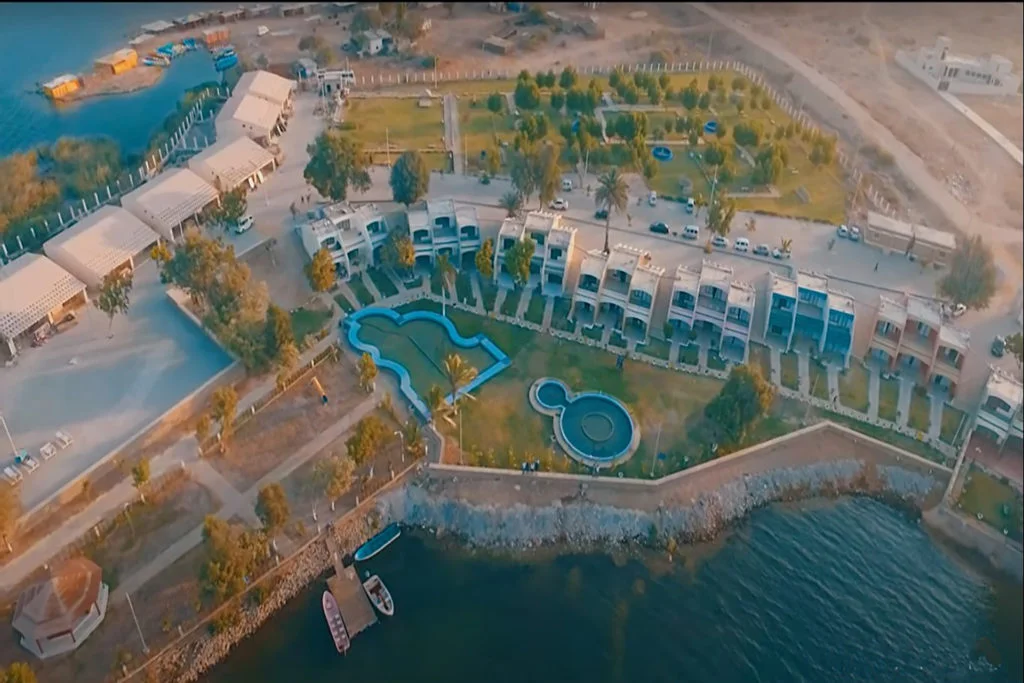Nestled in the northern reaches of Pakistan lies the ancient and enigmatic Burzil Pass, standing tall at an elevation of 4,100 meters (13,500 feet). This mountain pass has a rich history, serving as a vital link on the historic caravan route between the picturesque cities of Srinagar and Gilgit. Its significance goes beyond geography, as it weaves a tapestry of tales from bygone eras and stands as a witness to the shifting tides of conflict and cooperation.
A Gateway Through History
The Burzil Pass, despite its remote location, bears the footprints of countless travelers who traversed its rugged terrain. In the early 20th century, a humble hut was constructed on the pass’s crest, where couriers undertook the daunting task of delivering mail and messages from India to China. This not only highlights the strategic importance of this passage but also reflects its role as a bridge between nations.
A Spectacle of Nature
The Burzil Pass is a true embodiment of nature’s grandeur. During the summer months, it sheds its snowy blanket and reveals lush alpine grass vegetation that blankets its wide crest. This transformation brings forth a mesmerizing sight, with vibrant flowers and alpine flora adorning its slopes. As you traverse this high-altitude haven, you’ll be greeted by awe-inspiring views that make every step worthwhile.
A Bridge Between Borders
The Burzil Pass is not merely a geographical wonder; it holds geopolitical significance as well. Located approximately 30 kilometers north of the Line of Control (LoC), the de facto border between India and Pakistan in the Kashmir region, it symbolizes the delicate balance in this disputed territory.
An Origin of Life
The Astor River, a tributary of the mighty Indus River and one of the waterways that flow through the vast Deosai Plateau, finds its beginnings on the western slopes of the Burzil Pass. This river is a lifeline, nurturing the land and its people as it meanders through the breathtaking Astore Valley.
The Journey to Burzil Pass
Accessing the Burzil Pass is an adventure in itself. It is the oldest-known route connecting Gilgit to Skardu via the mesmerizing Deosai Plains. To reach this mountain pass, one must journey approximately 5 kilometers north of the administrative line that separates Gilgit-Baltistan from Pakistan-occupied Kashmir. This route takes you through various points of interest, including Gorikot, Astore River Bridge, Maikaal, Dad Khitran, and Chilum Choki. Each of these places reveals a piece of the region’s natural beauty and historical tapestry.
A Battle with the Elements
The climate at Burzil Pass is a force to be reckoned with. It can change in the blink of an eye, with bright sunshine giving way to gathering clouds and gentle rain suddenly transforming into heavy snowfall. The pass experiences the full spectrum of weather conditions. To experience the unparalleled scenic beauty of the Burzil Pass, the best time to visit is from May to July.
The Burzil Pass is not just a mountain pass; it’s a living testament to history, a marvel of nature, and a connection between regions. It invites adventurers to explore its rugged beauty and the stories etched in its stones, making it a destination that beckons the curious traveler to embark on a journey through time and terrain.






